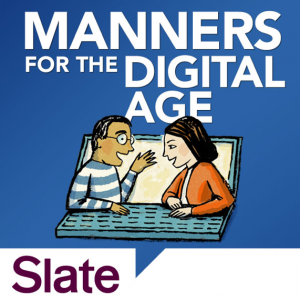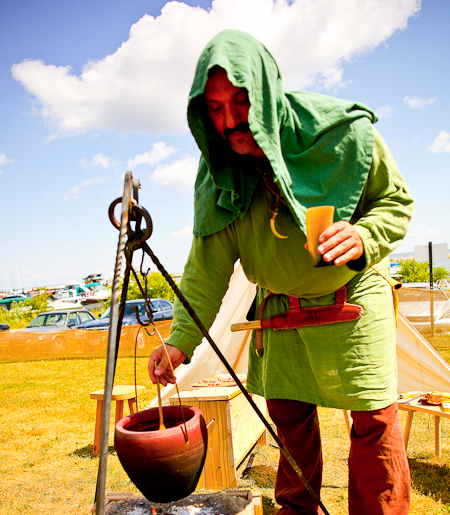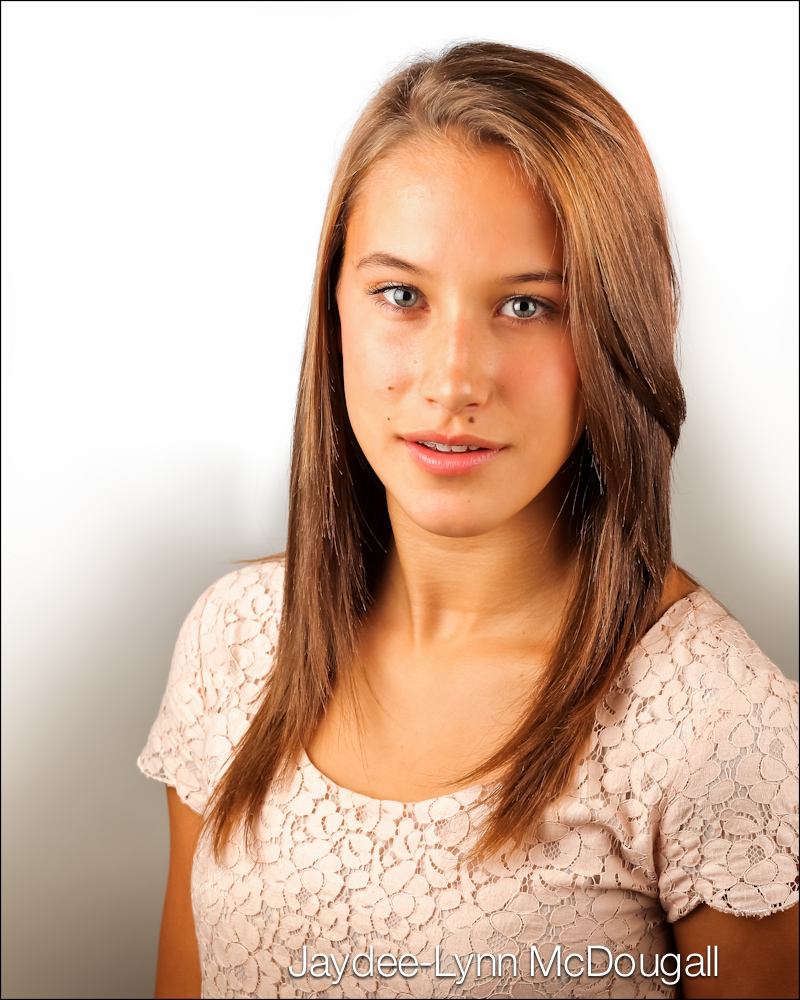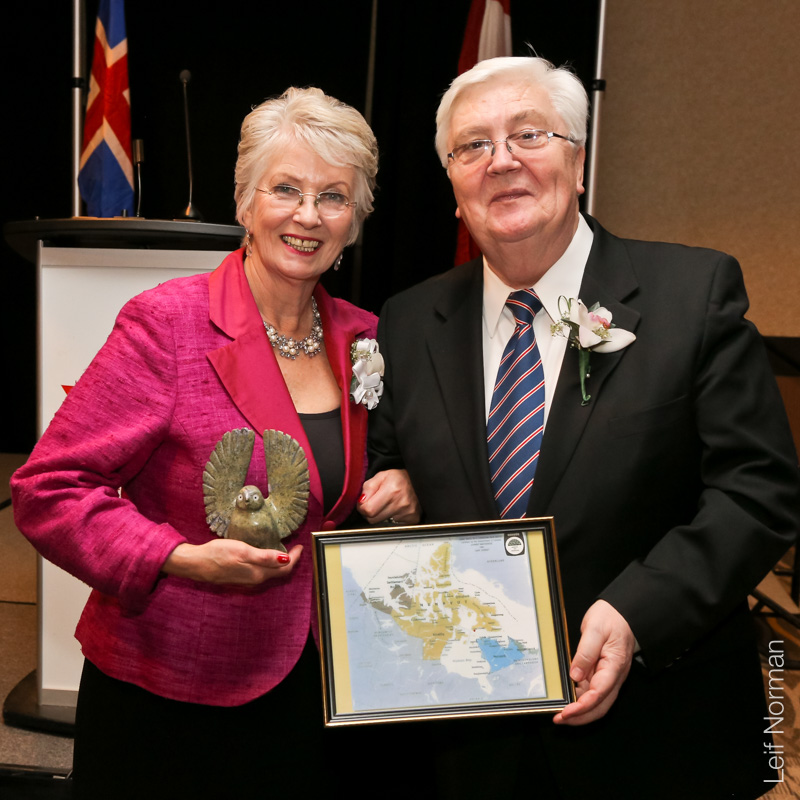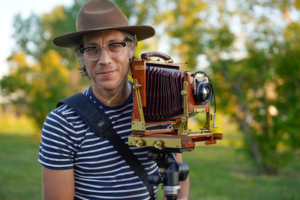If someone is taking a photo of you for Editorial purposes
and you are in an area where you have no expectation of privacy, then you are fair game. (Street Photography)
But if they want to make money off your image, then it gets sticky. A model release may be required.
A podcast (why does my keyboard always want to say PodCats?) recently brought up this hot topic;
Paranoid Mommies think their kids are precious objects that need to be “protected” at all costs.
As fellow human beings on this planet they need to listen carefully to the rules and calm the heck down.
They always invoke the vague verb “do” as an objection.
As in; “What are you going to do with those photos?”
or “He’s going to do something with those photos online!”
What? What is he going to do with them? Something defamatory? No.
They flatter themselves by assuming too much. Sometimes a picture is just a picture.
“Hey! Don’t point that camera at me!”
You were standing on the sidewalk smoking a cigarette in plain view of everyone downtown and you object to a photo being taken? Wow.
The cognitive dissonance is astounding.
Everyone should go to:
It is a really useful website. It mainly covers American Law but I think it is pertinent to Canadian Law as well.
This is from the blog:
“In general, when people are in public, you may photograph them. The use of the photographs can be restricted due to certain privacy rights. The rights for a person to certain kinds of privacy are recognized in most states, but differently for each one. It is, therefore, tricky to know what you can do. The safest approach is to follow the most restrictive one. Privacy rights can be subdivided into four areas.
The first is “invasion of privacy” or “intrusion upon another’s seclusion.” It happens when someone actually intrudes a person’s private domain that would be considered offensive to the average person. As a photographer, the act of going on someone’s land without permission would violate this privacy. You don’t have to take the photo or publish the photo for the action to be unlawful. Some courts have found an invasion of privacy even when photographing someone in public. In those cases, the photographers harass their subjects, use hidden cameras, or wait for a woman’s skirt to be blown at a fun house. It also is unlawful to view and photograph people inside of residences or other places where privacy is expected (businesses are ok), even when the photographer is standing in public.
The second is the public disclosure of private facts. This law is difficult to enforce because if the disclosed information is true, courts usually find that First Amendment interests outweigh privacy rights. It requires disclosure of what an ordinary person would consider private facts when an ordinary person would consider the disclosure offensive. Because of the required elements, it rarely applies to photographers.
The third right of privacy is the portrayal of a person in false light. This happens often with photographs, but usually because of the caption. It requires someone to be publicly portrayed in a false manner in which an ordinary person would find the portrayal offensive. To be liable, the publisher of the photograph must have known or recklessly disregarded the probably falsity of what is represented. It is similar to defamation, when someone’s reputation is damaged by a statement that is known or should be known to be false. False light does not require that the person was damaged.
The fourth right of privacy is very different from the other three. It is the commercial appropriation of someone’s name or likeness without permission, or misappropriation. It also is known as the right of publicity. It happens when someone uses the name or likeness of another without consent to gain some commercial benefit. It usually occurs when a photograph of a person is used in an advertisement without the person’s permission. That is why model releases are so important-they show that you have the person’s permission to use the person’s name or likeness. Permission is not required for editorial or newsworthy publications.
Be sure to consider other’s rights of privacy before you click the shutter.
Take my advice; get professional help.
PhotoAttorney”
Slate Magazine ran a podcast about this topic, which is where I found Carolyn and the Blog.
Everyone should visit her site and give her money.
People should also subscribe the the Slate podcast, and give them money.
Click on the link to hear the podcast. Mommies and Photographers alike need to know!
Don’t Post Pictures of My Kid on the Internet, Part 2_ Manners for the Digital Age #30

